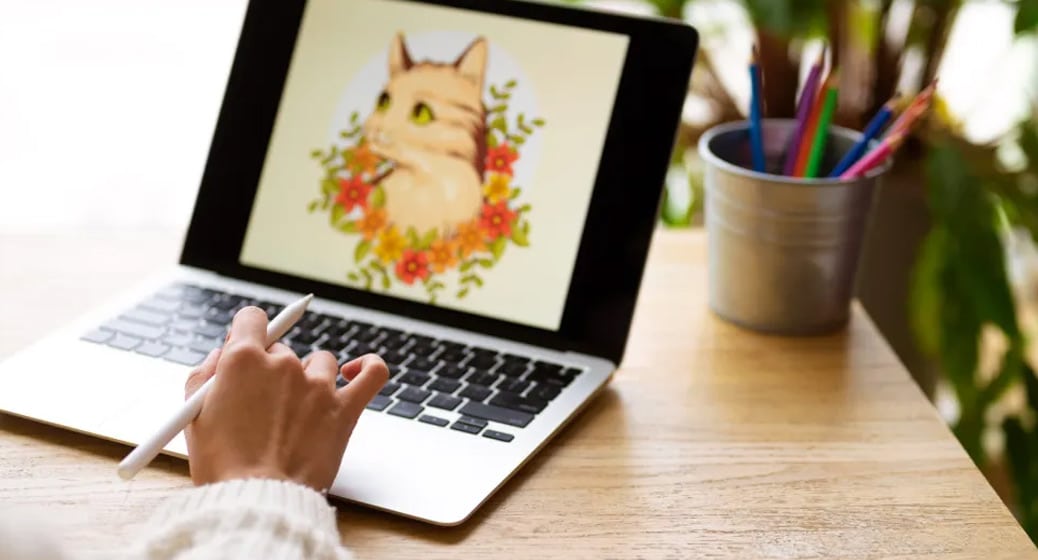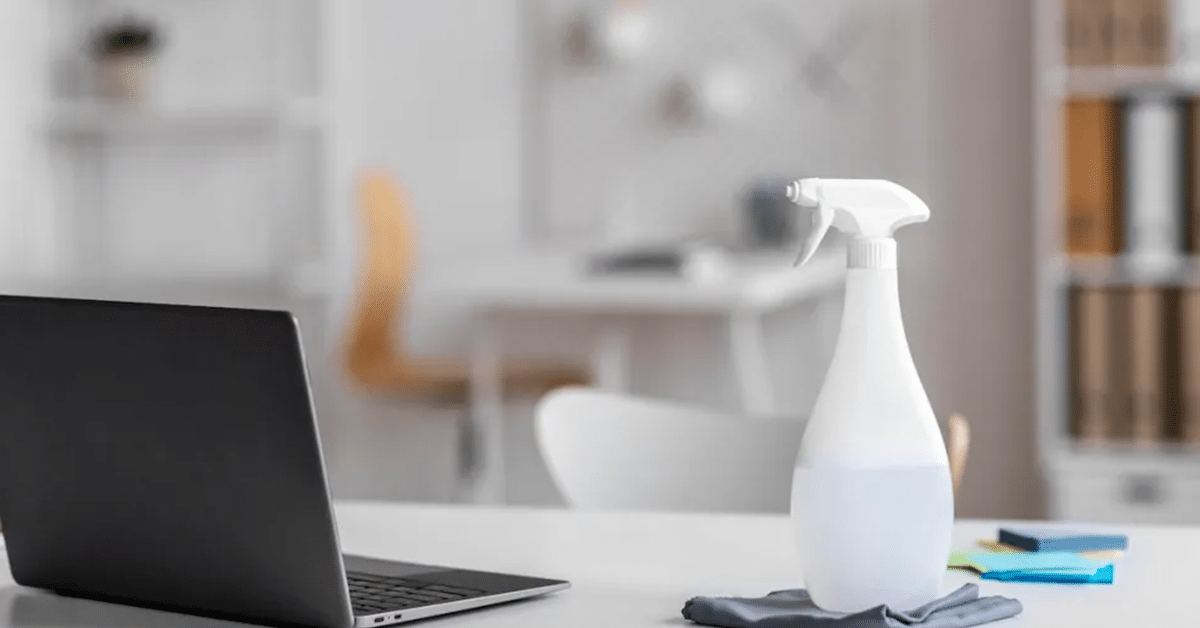Are We Happy?
How are our minds and our moods? To this question, one new study found that 62.3% of workers, men more than women, are saying they are happier than ever on the job. Great to hear, given how much of people’s lives are devoted to work.
But a lot of people are still talking about burnout. Some think it’s a new phenomenon. Others think burnout is: …the latest iteration of a long line of exhaustion disorders, starting with the Ancient Greek concept of acedia. This condition, wrote 5th century monk and theologian John Cassian, is marked by “bodily listlessness and yawning hunger.”
An article in Science News reported that the Journal of the American Medical Association found 142 definitions for burnout, and 11 different methods to measure it.
Whatever. Even if you are one of the 62.3% who love your job right now, it’ll be something else to test the mettle, at some point. It’s always something, is it not?
How about, for only a few examples, 3 years of covid, historic increases in inflation and interest rates, negative returns on equities and income, bank failures, predictions of recession, all of the conflict and strife around the world and here at home. The list goes on.
Jon Kabat-Zinn wrote a book called Full Catastrophe Living. I just love the implication of that title. That is, the whole thing is a catastrophe. A glorious catastrophe, but still.
Kabat-Zinn’s book was first written in 1990. To this we could say: “The more things change; the more they stay the same” (1849, French writer Jean-Baptiste Alphonse Karr).
And, Pulitzer Prize winning, Ernest Becker, tells us in The Denial of Death that even if we don’t like to think about it, on some level we all know that the ultimate catastrophe is only a matter of time.
As we hear more and more about the slow agonizing decline of those suffering with Alzheimer’s Disease, I find myself beyond grateful, every single day, for the gift of my own mind—and more motivated than ever to take the very best care of my mind and mood that I can.
Mind and Mood Tips and Techniques
The internet is filled with suggestions on mindfulness, diet, exercise, sleep, limiting screen time, and other forms of what we are now calling self-care.
Just remember that what’s right, or what works, for one person may not do it in the same way for someone else. So, find what works best for you and make it a priority in your life.
Seeking help if you are struggling is, of course, important too. And, I’ve already written myself on the mind and mood benefits of simply Patting a Dog, doing Scary Things, Sleeping, Playing, Standing, Decision-Making, you name it…
And here is another…Online Art Viewing, which just so happens to be all about the screen.
Benefits of Online Art Viewing
Science Daily reported on a study, now published in Computers in Human Behavior: “Online art viewing is an untapped source of support for well-being that can be consumed as bite-sized bits of meaning-making and pleasure”…individuals with high levels of art and aesthetic responsiveness benefit more from online art viewing due to having more pleasurable and meaningful art experiences.”
It’s not for everyone. But especially for people who may be housebound, like my neighbor who just broke her foot; meaningful, pleasurable doses of online art might be just what the doctor ordered.
Here is a link for The Web Gallery of Art. Enjoy, and let us know what you find. And, for help with this or something else, Contact Me at weissmadelaine@gmail.com
Warmly,
Madelaine
Photo by FreePik
Keep Reading
Want more? Here are some other blog posts you might be interested in.








